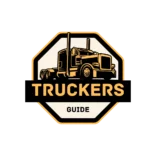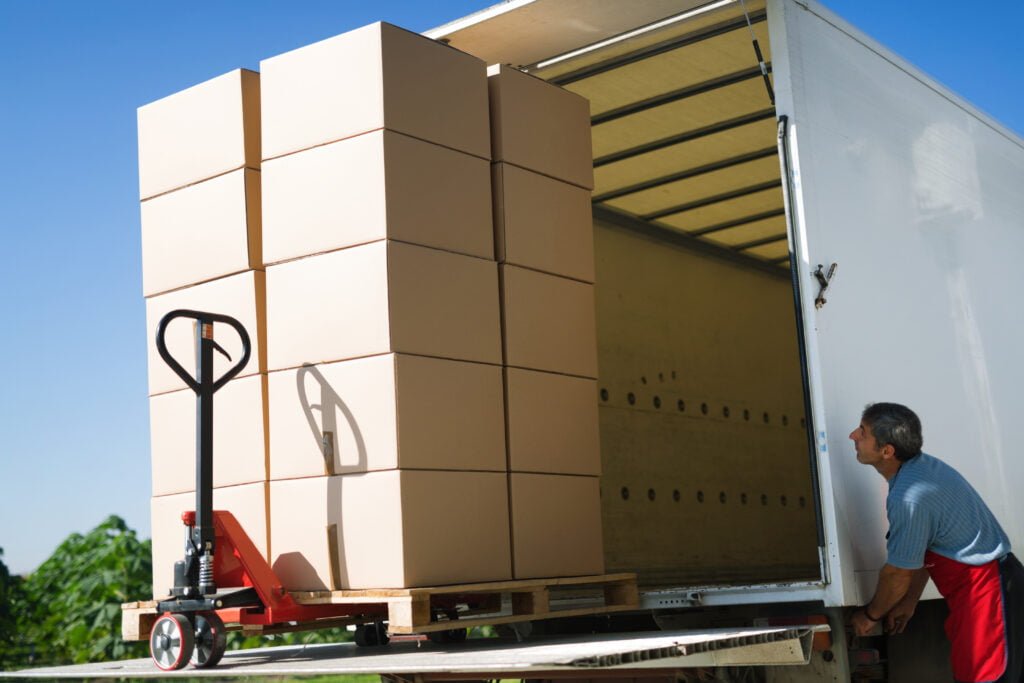The short answer is: it depends.
While obtaining a Commercial Driver’s License (CDL) after a DUI conviction is possible, it’s a complex process with several factors to consider. The specific regulations and requirements vary from state to state, so it’s crucial to consult with your state’s Department of Motor Vehicles (DMV) for accurate and up-to-date information.
Table of Contents

General Requirements and Restrictions
Generally, the following factors influence the eligibility for a CDL after a DUI:
- The severity of the DUI: A first-time DUI conviction might result in a suspension or revocation of your CDL. However, subsequent DUI convictions can lead to more severe penalties, including permanent disqualification.
- State-Specific Laws: Each state has its laws regarding DUI convictions and CDL eligibility. Some states may have specific waiting periods or rehabilitation programs that must be completed before reinstatement.
- Federal Regulations: In addition to state laws, the Federal Motor Carrier Safety Administration (FMCSA) also has regulations regarding CDL eligibility. The FMCSA’s regulations generally prohibit individuals with certain types of DUI convictions from obtaining or holding a CDL.
Steps to Reinstatement
If you’re considering applying for a CDL after a DUI, here are some general steps you might need to take:
- Serve Your Sentence: Complete any required jail time, fines, or other penalties for your DUI conviction.
- Attend DUI School: Many states require individuals convicted of DUI to attend a DUI school or treatment program.
- Obtain a Substance Abuse Evaluation: You may need to undergo a substance abuse evaluation to determine if you require treatment.
- Complete Required Treatment: If necessary, complete any recommended substance abuse treatment programs.
- Wait for Reinstatement Period: Some states have specific waiting periods before you can reapply for a CDL.
- Submit Required Documentation: Provide the DMV with the necessary documentation, such as proof of completion of DUI school, treatment programs, and any other required paperwork.
- Pass Required Tests: You may need to pass a CDL knowledge test, road test, and potentially a medical examination.
Important Note: The process for reinstating a CDL after a DUI can be lengthy and challenging. It’s essential to consult with your state’s DMV or an attorney specializing in transportation law for specific guidance and to understand the unique requirements in your jurisdiction.
For more detailed information, you can refer to the FMCSA’s website: https://www.fmcsa.dot.gov/
Regulations and requirements for obtaining a Commercial Driver’s License (CDL)
The regulations and requirements for obtaining a Commercial Driver’s License (CDL) can vary significantly from state to state. While I can provide general information, it’s crucial to consult each state’s specific Department of Motor Vehicles (DMV) for the most accurate and up-to-date details.
Here are some general factors to consider for the states you mentioned:
General Requirements:
- Age: Most states require CDL applicants to be at least 21 years old.
- Residency: You may need to be a resident of the state where you’re applying for the CDL.
- Physical Examination: A medical examiner certified by the Federal Motor Carrier Safety Administration (FMCSA) will need to evaluate your physical condition to determine if you meet the health requirements for driving commercial vehicles.
- Vision Requirements: You’ll need to meet specific vision requirements, which may include wearing corrective lenses if necessary.
- Drug and Alcohol Testing: CDL applicants are typically required to undergo drug and alcohol testing.
- Knowledge and Skills Tests: You’ll need to pass both a written knowledge test and a driving skills test.
State-Specific Considerations:
- Texas: Texas requires CDL applicants to complete a minimum of 20 hours of behind-the-wheel training, including 10 hours of driving instruction and 10 hours of observation. Visit the Texas DMV site for more information txdmv.gov
- California: California has specific requirements for commercial driver training programs, and applicants may need to complete additional training for certain endorsements. Visit the California DMV site for more information dmv.ca.gov
- Pennsylvania: Pennsylvania has a graduated licensing system for CDL applicants, which may require additional training and experience before obtaining a full CDL. Visit the Pennsylvania DMV site for more information DMV.pa.gov
- Florida: Florida requires CDL applicants to complete at least 30 hours of behind-the-wheel training. Visit the Florida DMV site for more information flhsmv.gov
- Ohio: Ohio has specific requirements for commercial driver training programs, and applicants may need to complete additional training for certain endorsements. Visit the Ohio DMV site for more information bmv.ohio.gov
- Nevada: Nevada has a graduated licensing system for CDL applicants, which may require additional training and experience before obtaining a full CDL. Visit the Nevada DMV site for more information dmv.nv.gov
- Alaska: Alaska has specific requirements for commercial driver training programs, and applicants may need to complete additional training for certain endorsements. Visit the Alaska DMV site for more information dmv.alaska.gov
- Wisconsin: Wisconsin has a graduated licensing system for CDL applicants, which may require additional training and experience before obtaining a full CDL. Visit the Wisconsin DMV site for more information wisconsindot.gov
- Massachusetts: Massachusetts has specific requirements for commercial driver training programs, and applicants may need to complete additional training for certain endorsements. Visit the Massachusetts DMV site for more information mass.gov
Additional Considerations:
- Endorsements: Depending on the type of commercial vehicle you want to drive, you may need to obtain specific endorsements, such as hazardous materials, passenger, or school bus endorsements.
- Restrictions: Depending on your driving history or medical conditions, you may have restrictions placed on your CDL.
It’s essential to contact the DMV in each state for the most accurate and up-to-date information on CDL regulations and requirements.


